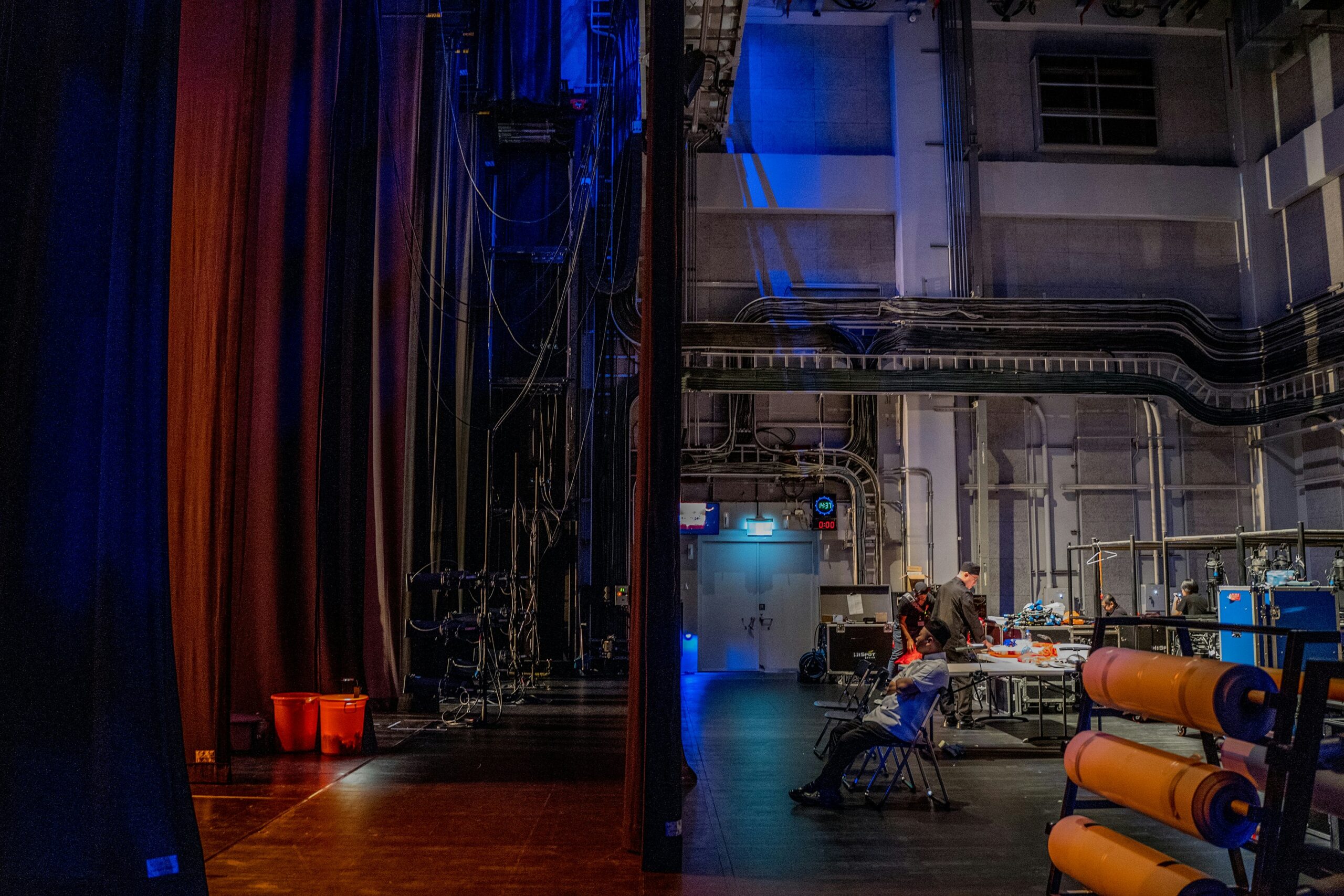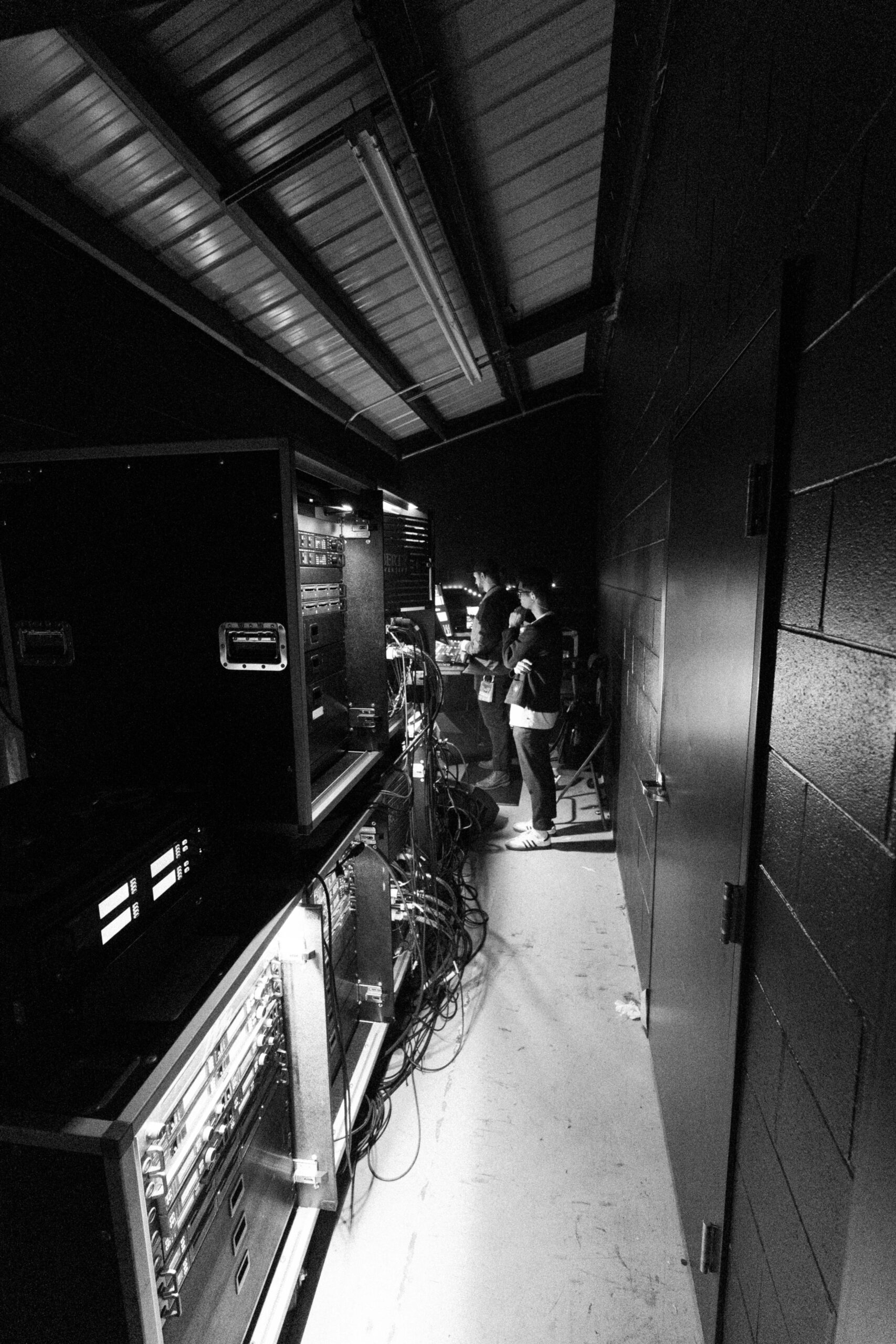Backstage Workforce Report
Download research
Headlines
Our Backstage Workforce Report finds a majority of parent and carer theatre workers experiencing poor working conditions.
Published: April 2020
The report draws on research carried out before the Covid-19 crisis, and shows the pressures and challenges faced by the backstage workforce, even when times are normal.
More than 330 UK backstage workers, including 139 parents and carers, participated in the PiPA Backstage Workforce survey, supported by three in-depth focus groups.
Women reported being disproportionately affected by their working conditions. Six out of ten female participants working backstage have had to change jobs due to caring responsibilities (as opposed to two out of ten male workers) and are twice as likely to work on show, freelance or zero hours contracts as their male counterparts.
This new research builds on PiPA’s 2019 Balancing Act Survey, which identified “high work demands” as the greatest challenge to people working across the sector, and UK Theatre’s 2017 Workforce Review of the UK Offstage Theatre and Performing Arts Sector, which indicated a potential under-representation of parents and carers in the backstage workforce.
Philippa Childs, Head of Bectu, the union for creative ambition, said:
“These findings show the extent of the challenge facing parents and carers working backstage in theatre. It is ridiculous that they are struggling to agree flexible working arrangements in this day and age. Being a parent or carer isn’t an unusual set of responsibilities and the theatre industry needs to catch up with the rest of the working world. Bectu will be discussing these results with theatres we have relationships with and looking for practicable and workable solutions to this problem, to better support parents and carers.”
Sebastian Cater, Head of UK Theatre and Workforce Development, said:
“We welcome this research. SOLT and UK Theatre are committed to making theatre a more supportive working environment. In order for our industry to continue to thrive, we must open our doors to skilled professionals from all walks of life and recognise that retaining the best talent means responding and adapting to a wide range of needs.”
Key Findings
Poor work-life balance
95% respondents said they had concerns about their work-life balance.
Not listened too
Nearly half of respindants reported they had raised their concerns with their employer[1] but fewer than one in 10 saw any positive change
Disenfranchised
The other half of the respondants didn’t raise any worries because they feared the impact on their career and believed that nothing would change.
Challenging working practices
Eight out of ten reported less than 12 hours’ notice for schedule changes, with nearly half reporting a change of call times with less than six hours’ notice.
Women affected differently
Six out of ten women working backstage have had to change jobs due to caring responsibilities (as opposed to two out of ten male workers)
The need to change jobs
Four out of ten parents and carers reported changing jobs due to caring responsibilities.

Recommendations
● Increased backstage workforce monitoring to better understand current work demands and risks to wellbeing;
● Improved lines of communication between management, leadership and backstage workers to encourage dialogue and transparency about the challenges experienced by the workforce;
● A focus on positive role modelling and visibly promoting, practising and celebrating work-life balance;
● Proactive awareness-raising and promoting Shared Parental Leave for male workers.
